Hindu Struggle Committee honored for reviving a critical conversation on South Asia’s shared past and future
25 July 2025, New Delhi
In a poignant tribute marking the 41st anniversary of Black July, a remembrance gathering was held at the Constitution Club of India to honor the victims of the 1983 anti-Tamil riots in Sri Lanka. The event, titled “Black July: A Direct Action Day”, was organized by the Hindu Struggle Committee, drawing participation from political leaders, human rights advocates, and cultural figures across sectors.
Delivering the keynote address, Lubna Asif, National President of the All India Minorities Front, emphasized the need to transform remembrance into collective responsibility.
“Remembrance is not merely an act of grief,” she said. “It is a call to learn, to speak truth against silence, and to ensure that atrocities against humanity are never repeated — in Sri Lanka, in India, or anywhere in the world.”
She warned against the perils of unchecked communal hatred, noting that:
“Pain has no religion. Suffering speaks no single language. We must not let silence become the enemy of truth.”
Lubna also acknowledged India’s efforts toward inclusive governance, highlighting the central government’s “Sabka Saath, Sabka Vikas, Sabka Vishwas” initiative as a positive measure toward empowering marginalized communities.
The gathering reflected on the tragic events of July 1983, when anti-Tamil violence erupted in Colombo following the killing of 13 Sri Lankan soldiers. Tamil homes, businesses, and places of worship were targeted in a brutal wave of riots, leading to the deaths of an estimated 3,000 people and the displacement of thousands more — marking one of the darkest chapters in Sri Lanka’s modern history.
Other speakers echoed Asif’s sentiments, underscoring the need for truth, justice, and reconciliation in the face of historical trauma.
Former MP and Chairman of the Uttarakhand War Memorial, Tarun Vijay, highlighted the deep-rooted cultural ties between India and Sri Lanka and called for preserving shared heritage and collective memory.
Additional insights were shared by K.G. Suresh, Director of the India Habitat Centre; Sandeep Marwah, Founder of Noida Film City; and Dr. Pravesh Chaudhary, spokesperson of the Vishwa Hindu Parishad. Each emphasized the moral imperative to confront historical injustices to safeguard vulnerable communities and promote social cohesion in contemporary times.
The evening concluded with an evocative poem recited by Lubna Asif, capturing the emotional and ethical weight of the occasion:
“In the ashes of Black July, a question burns,
When will the wheel of justice turn?
We gather not for hate, nor blame,
But so no soul must die again in flame.”
The Hindu Struggle Committee was widely appreciated for creating a platform that enabled critical dialogue on a painful yet underrepresented chapter of South Asian history. The event concluded with a moment of silence and a united pledge for truth, justice, and communal harmony.



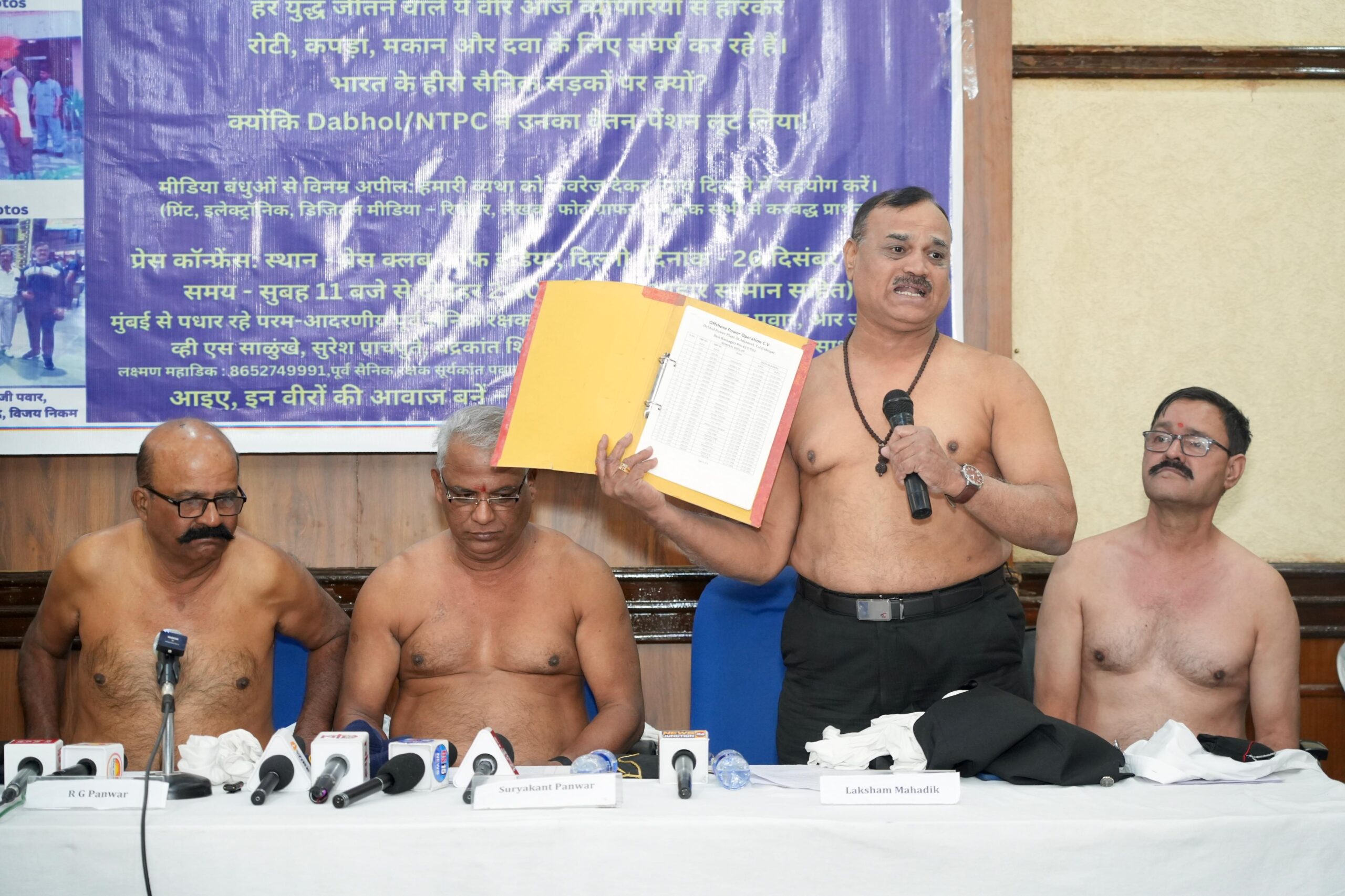
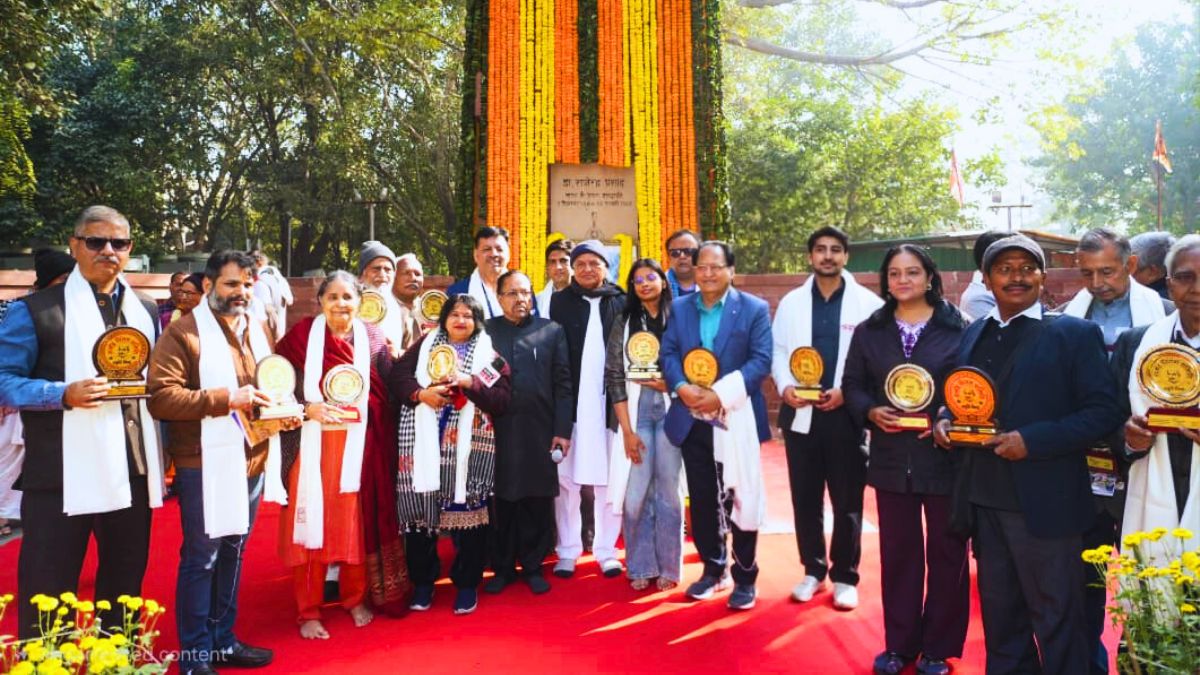
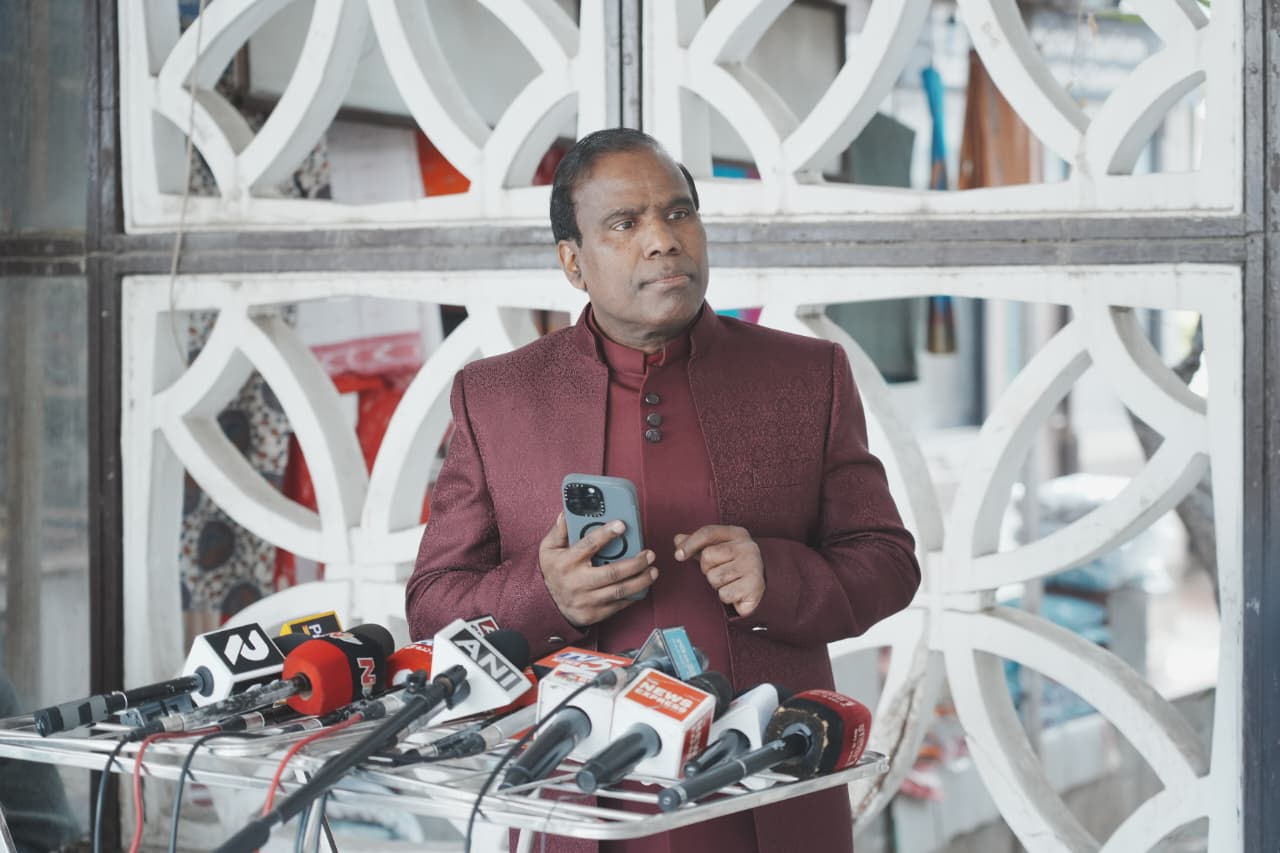
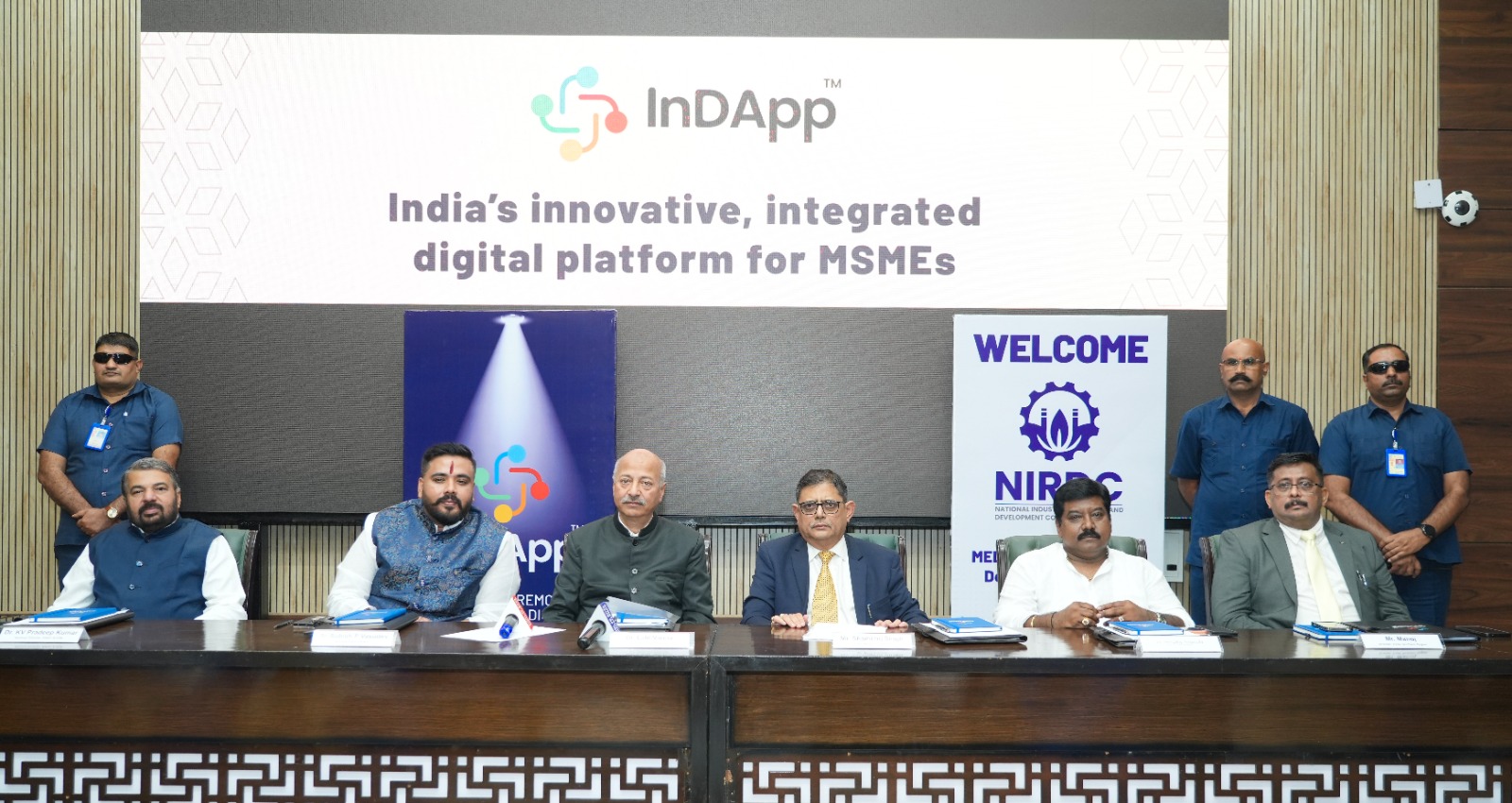
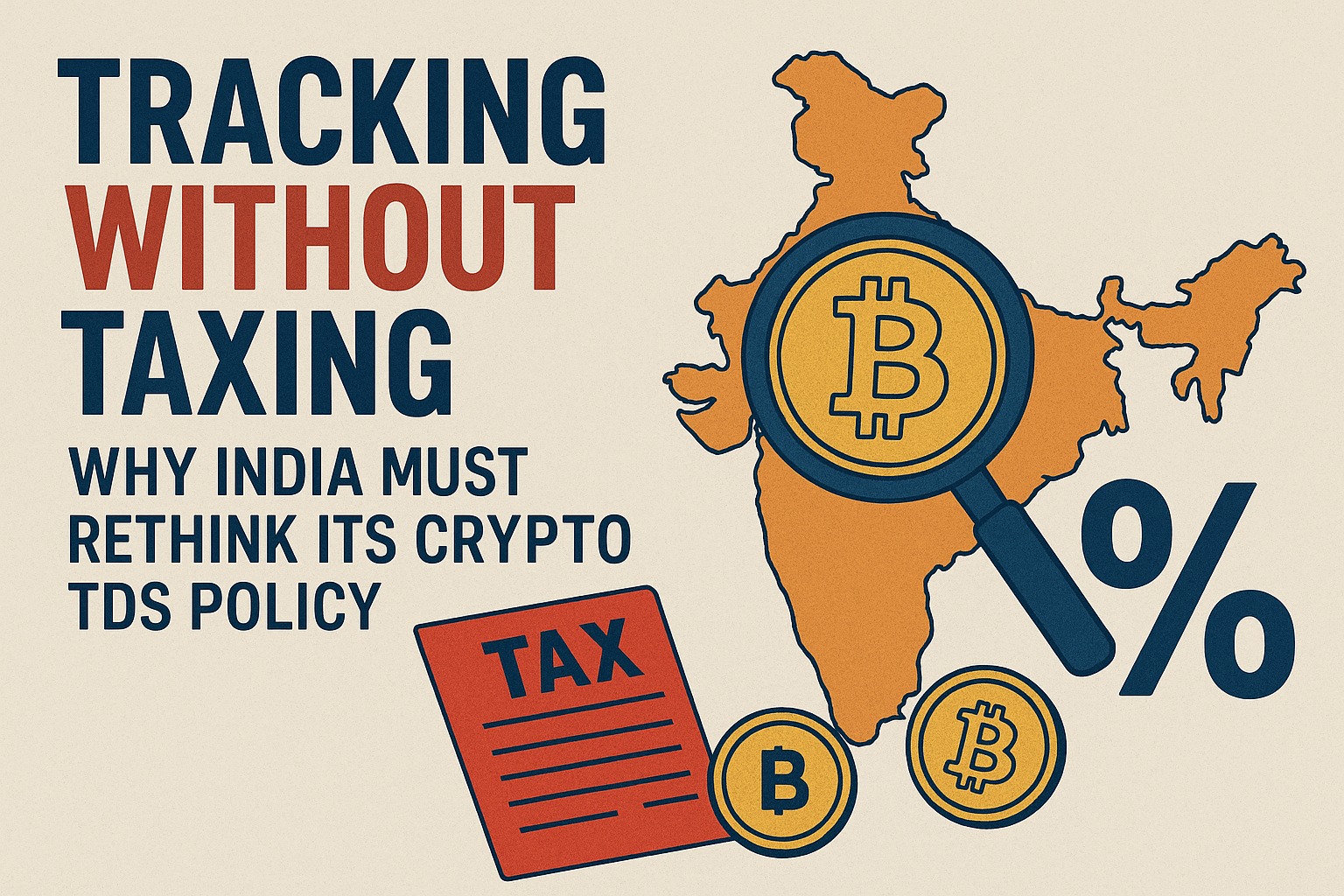
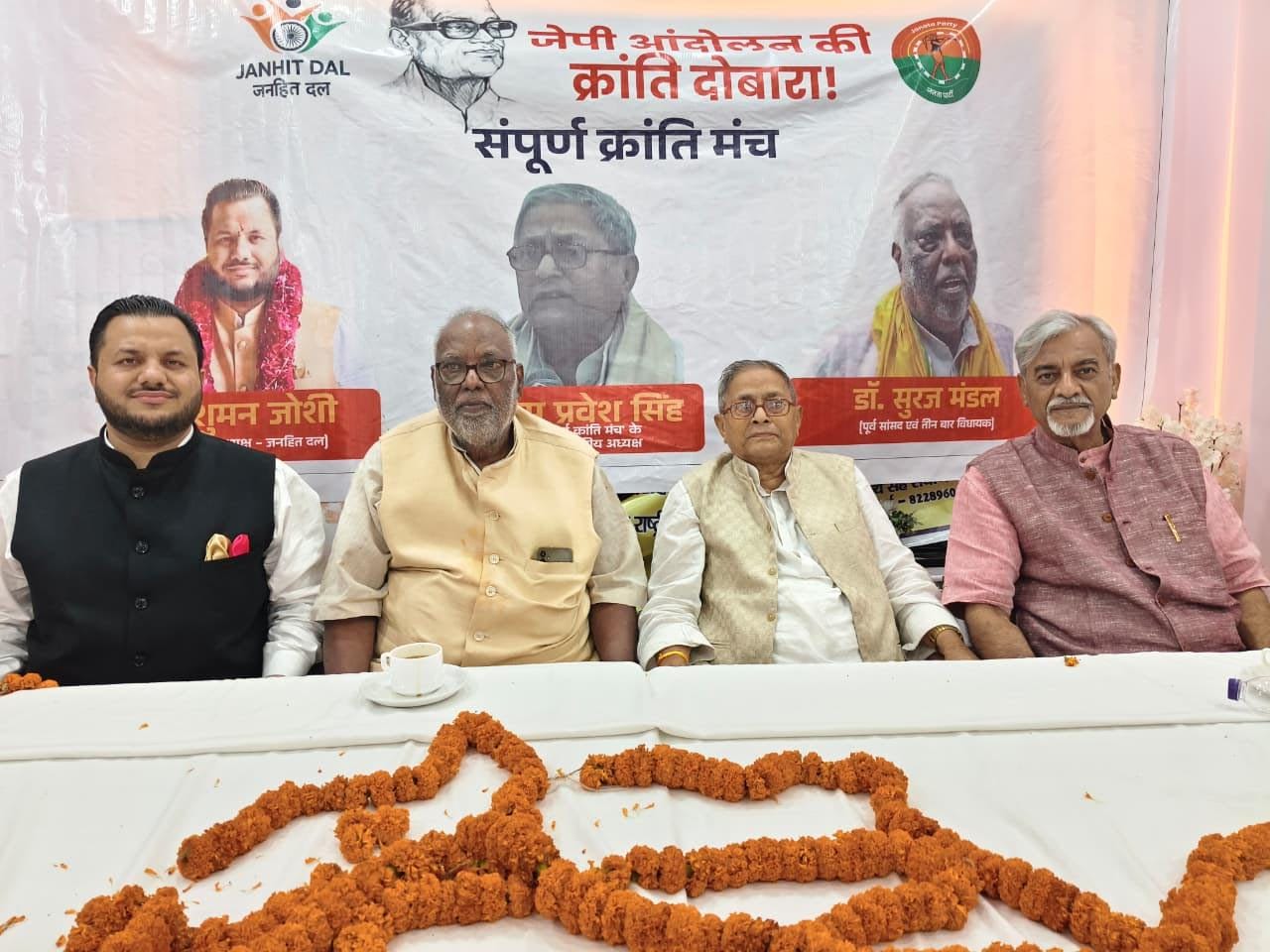
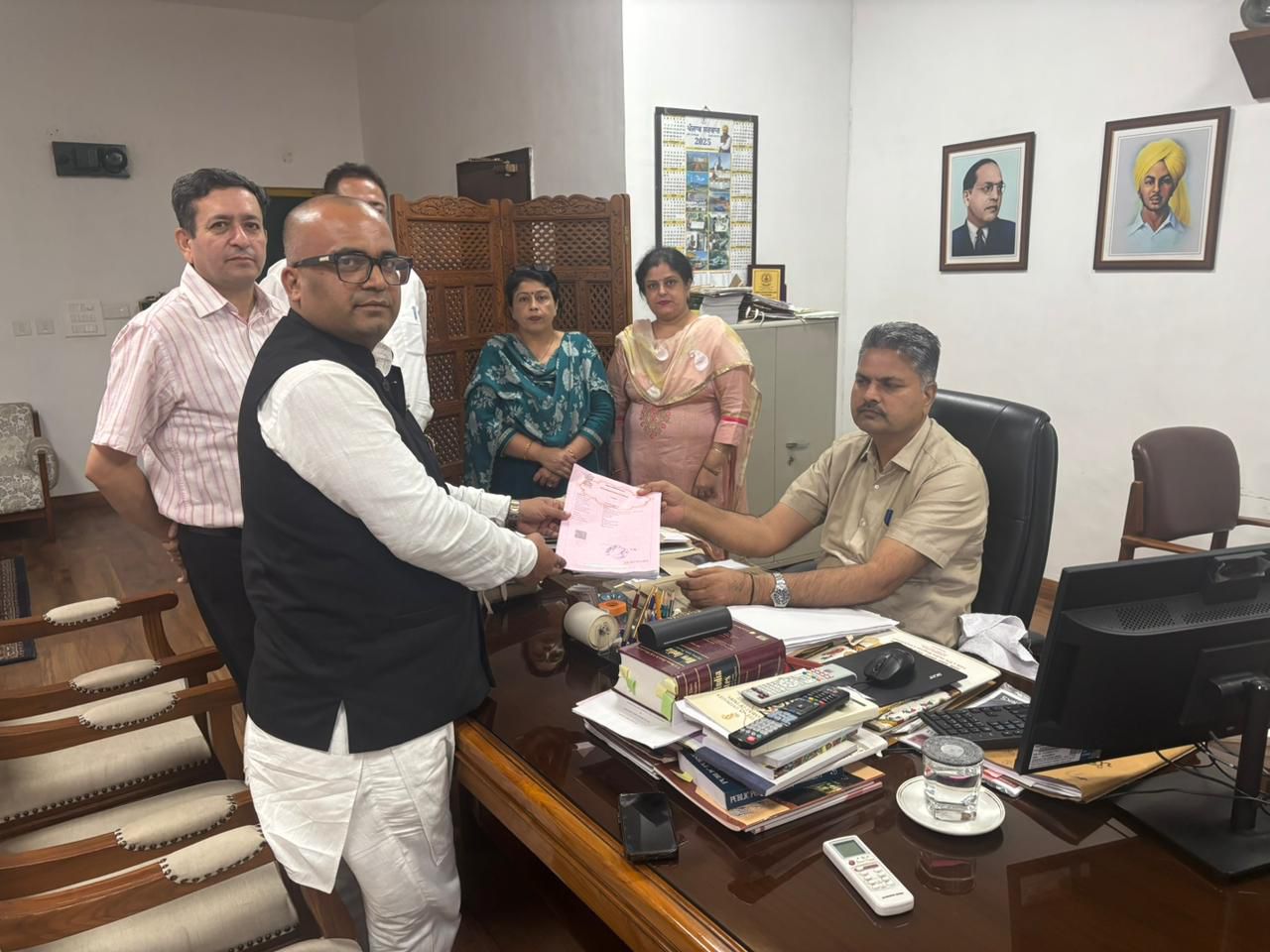
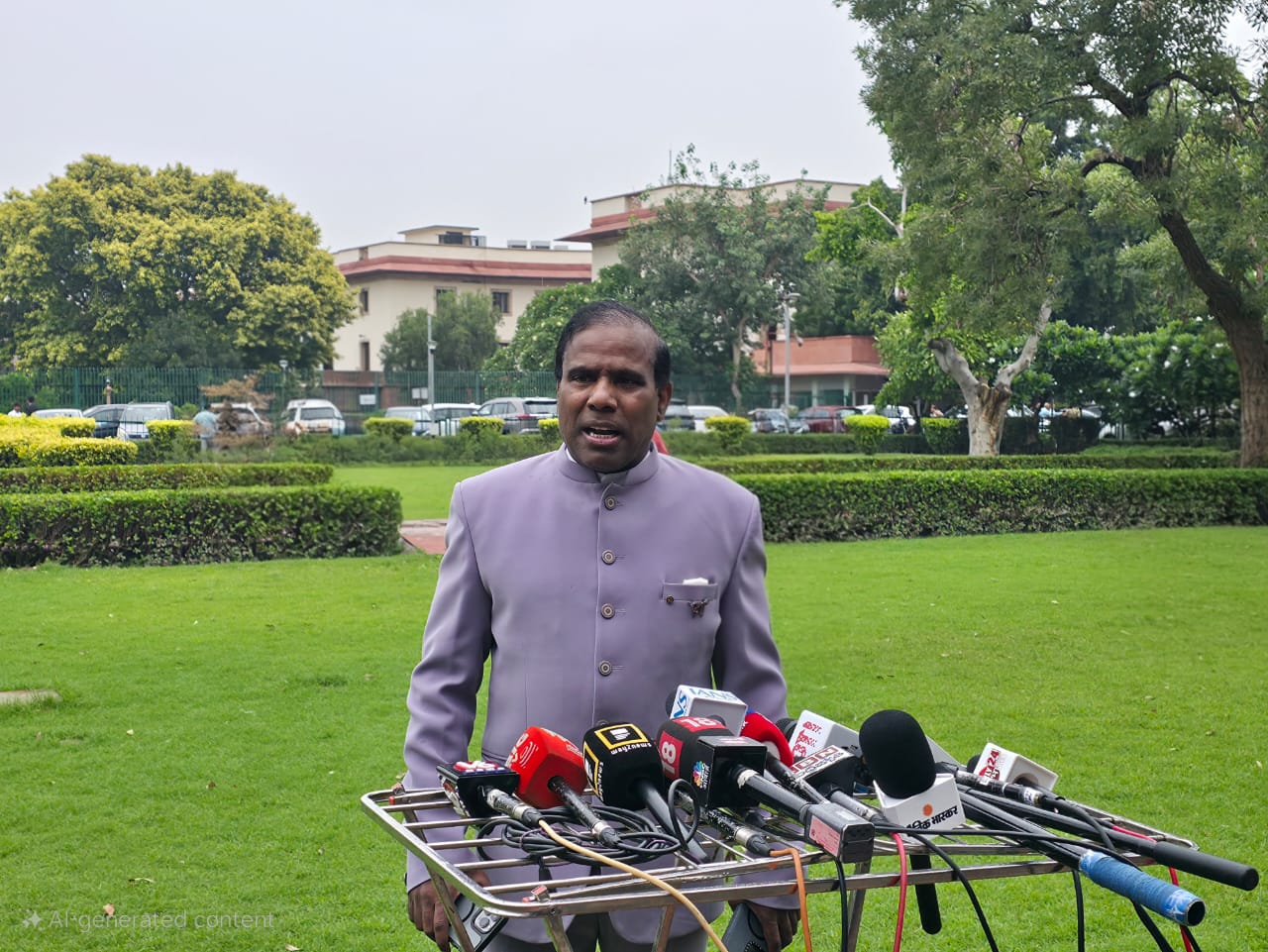
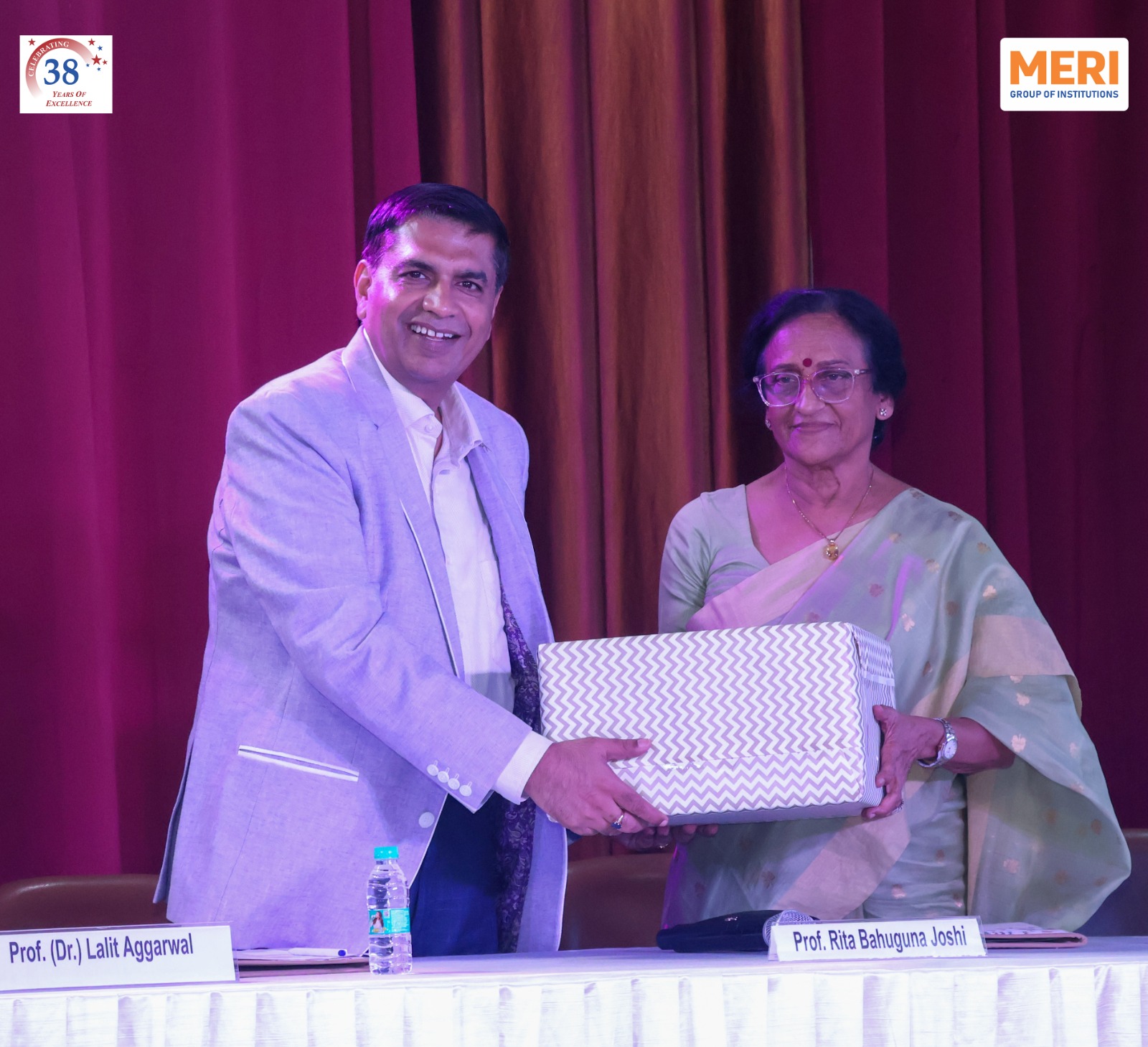
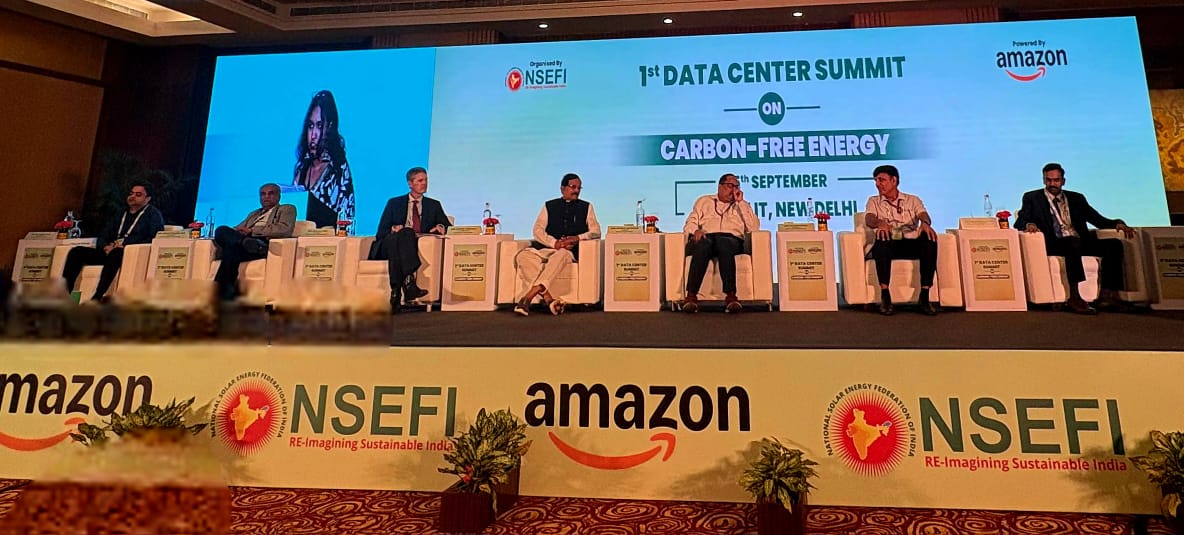
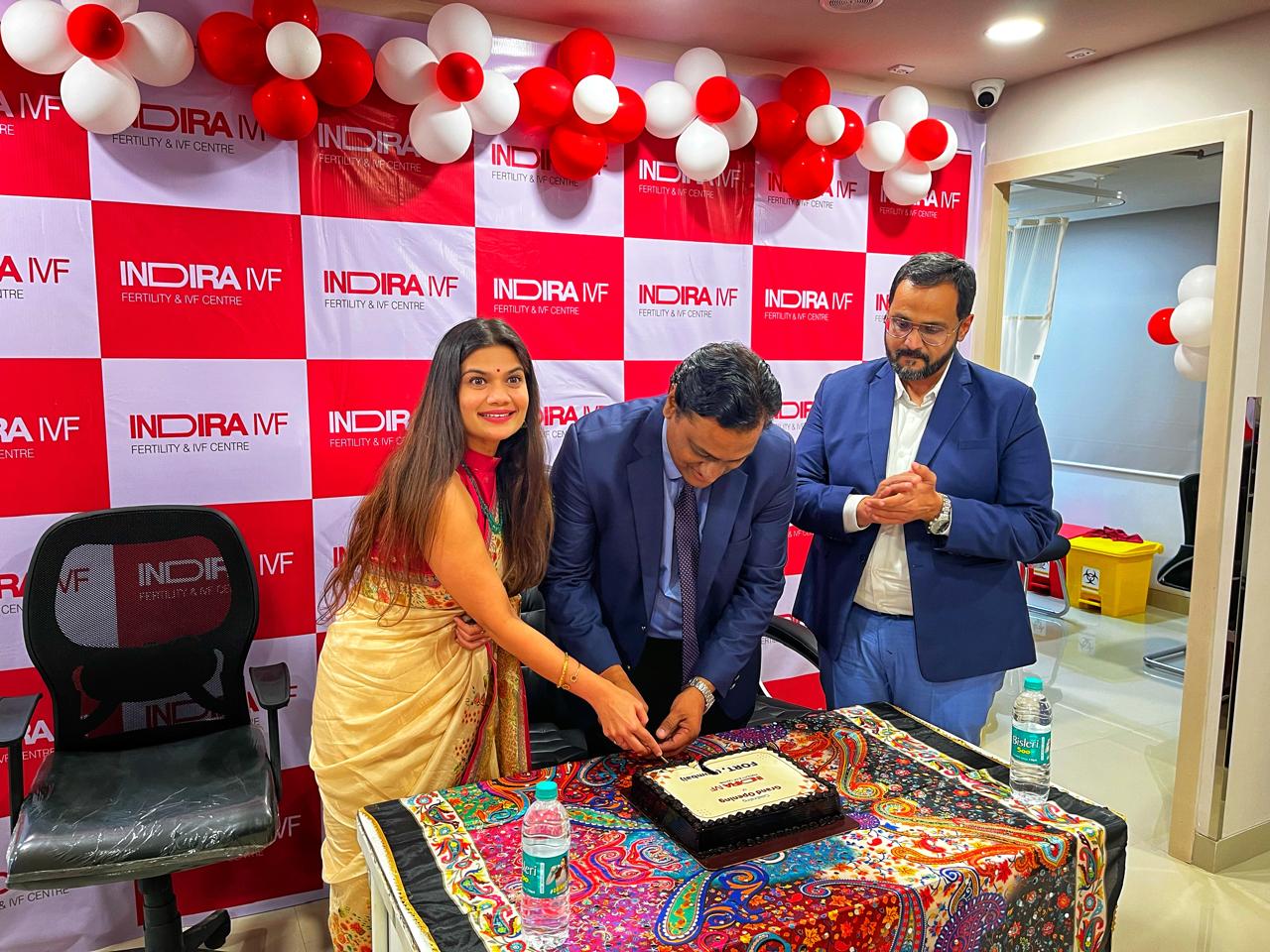
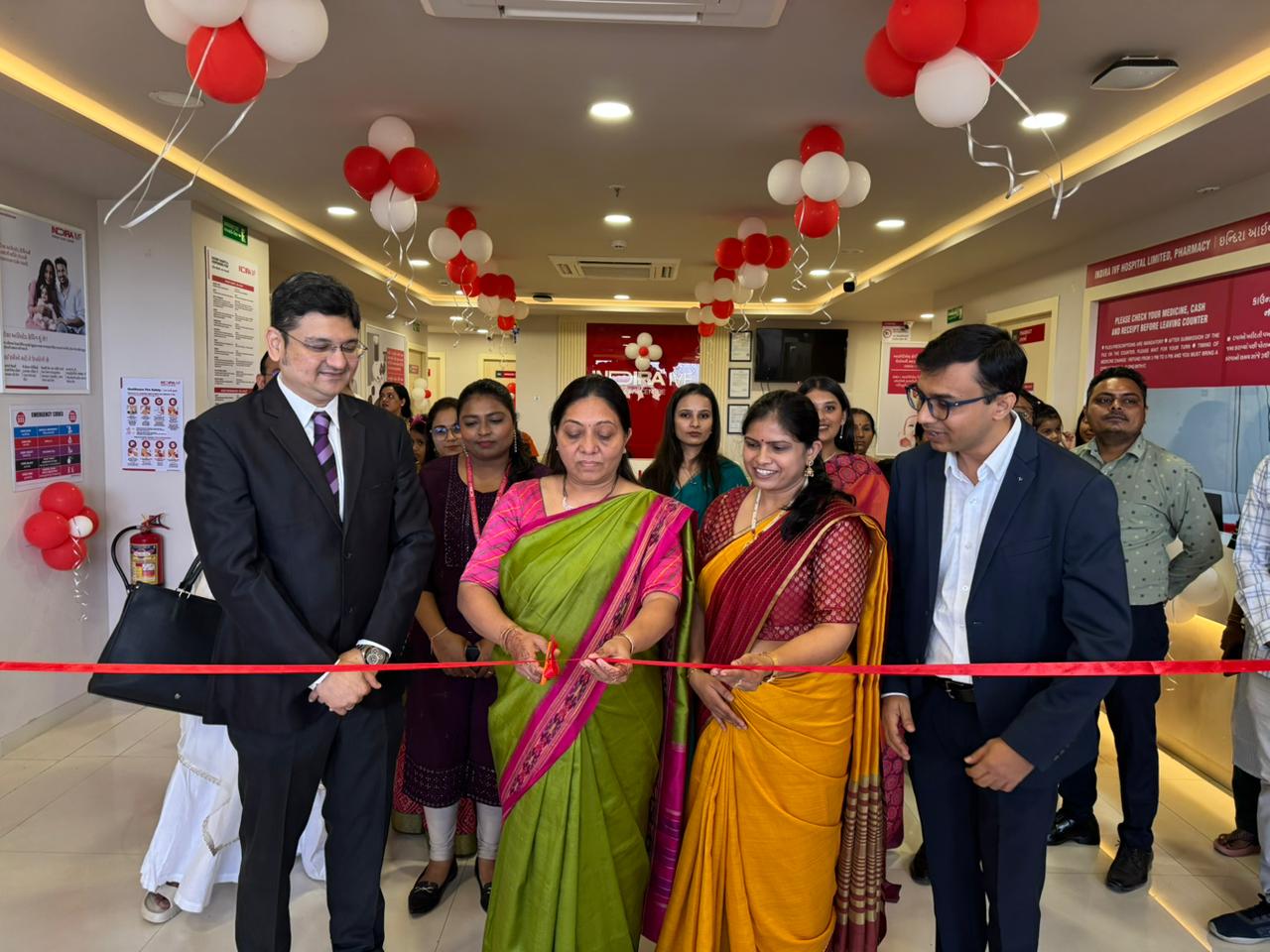
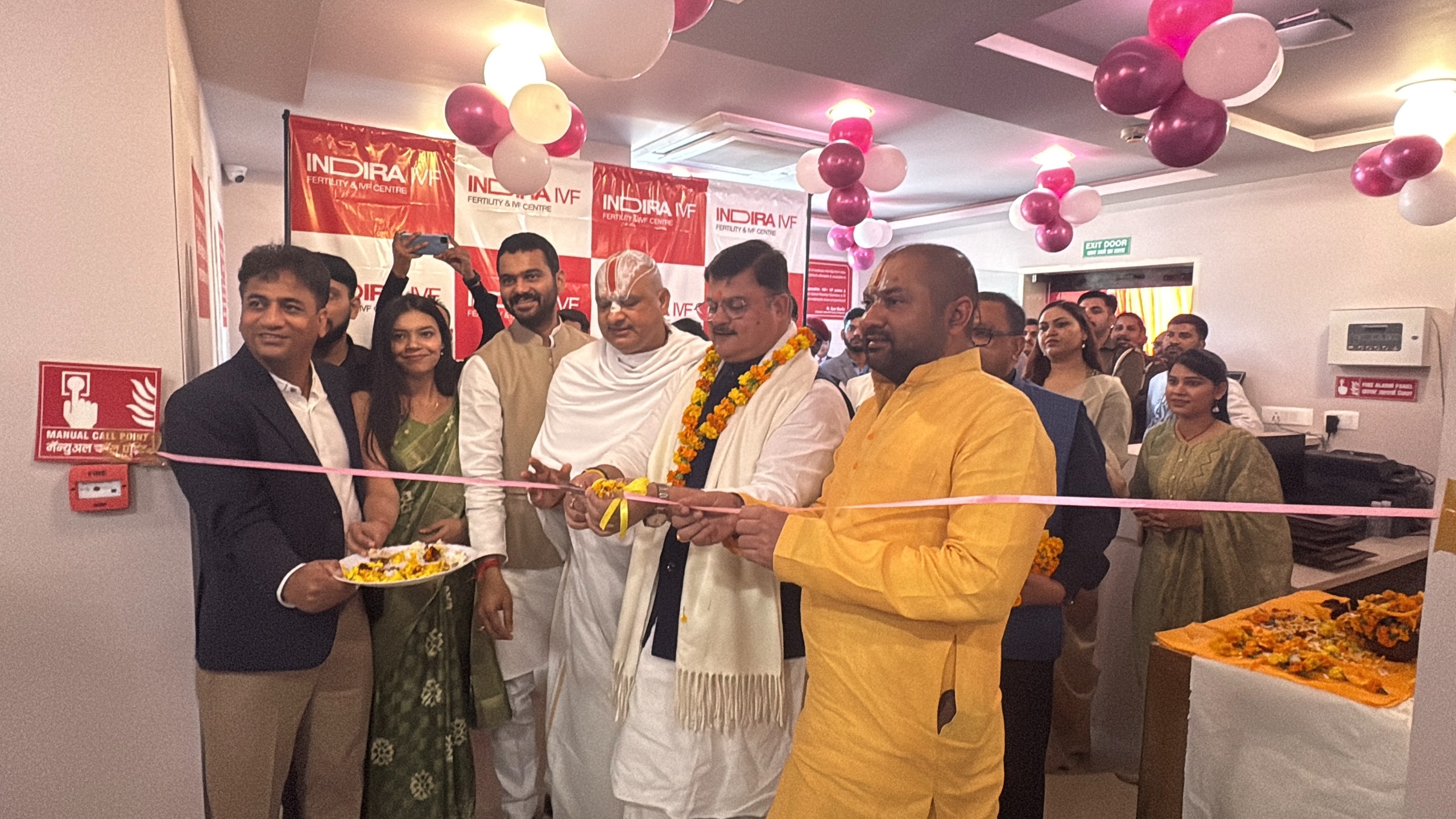
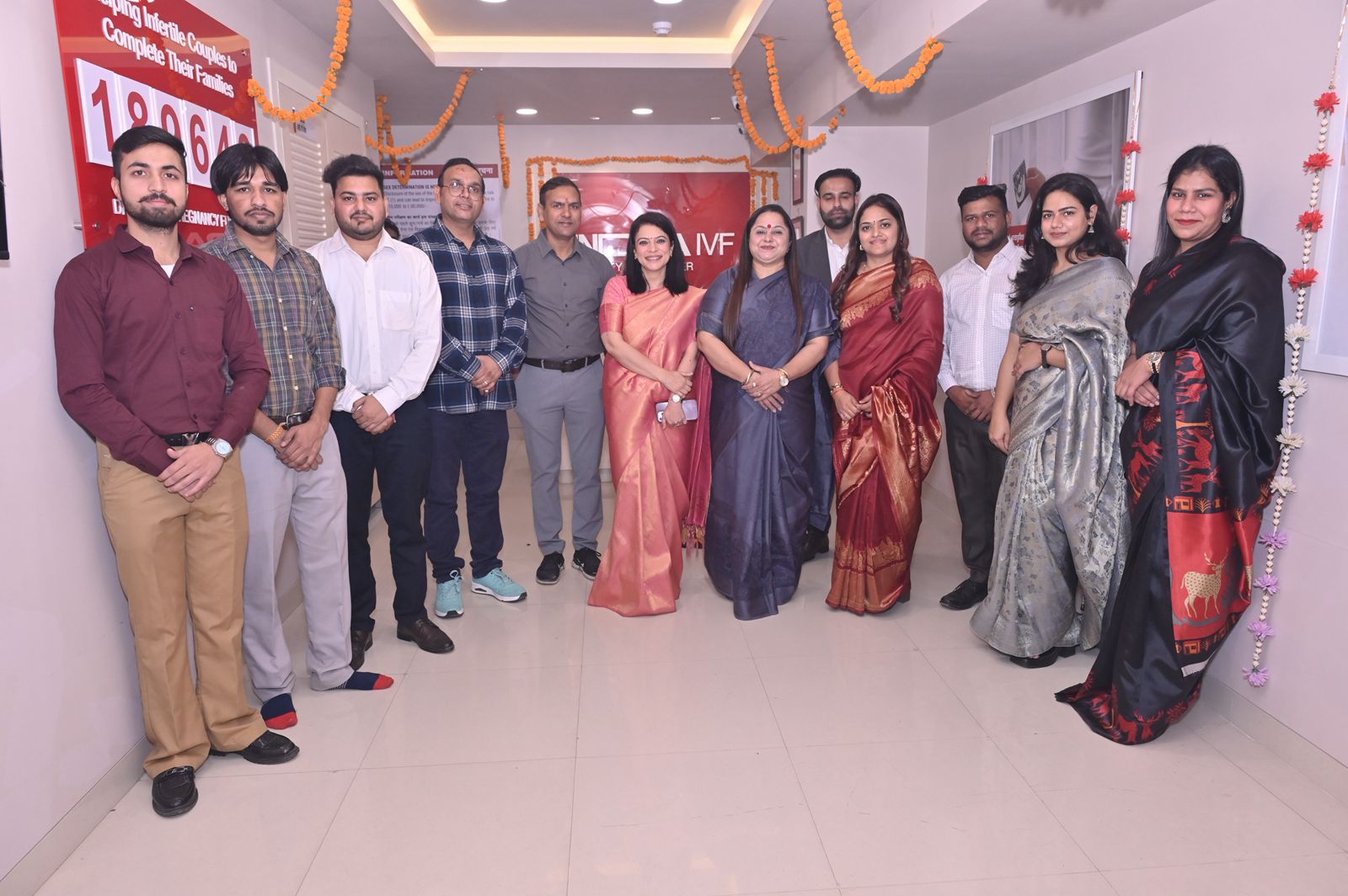
Leave a Reply